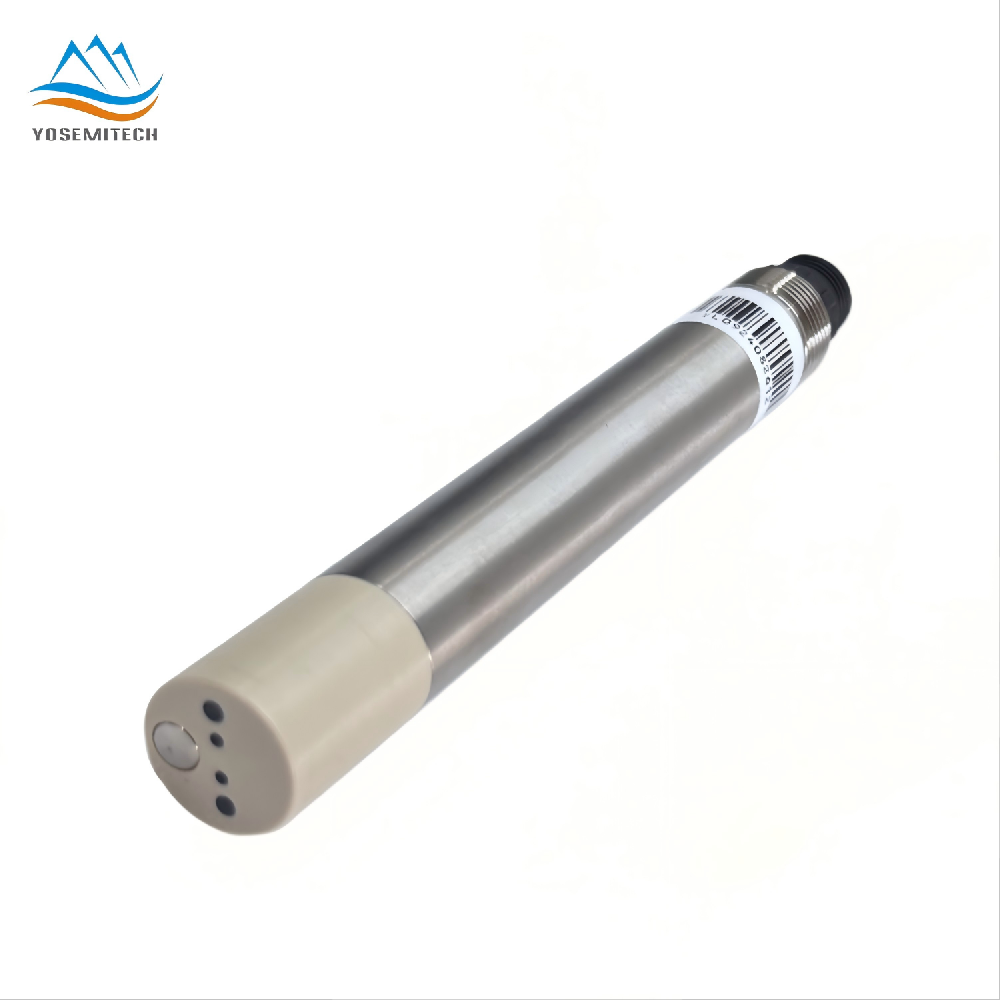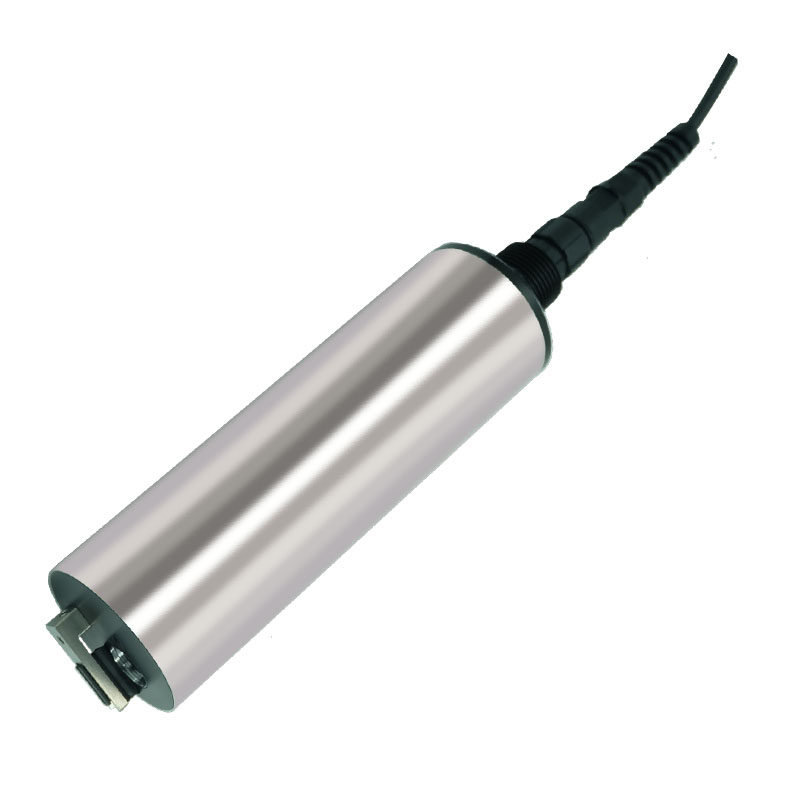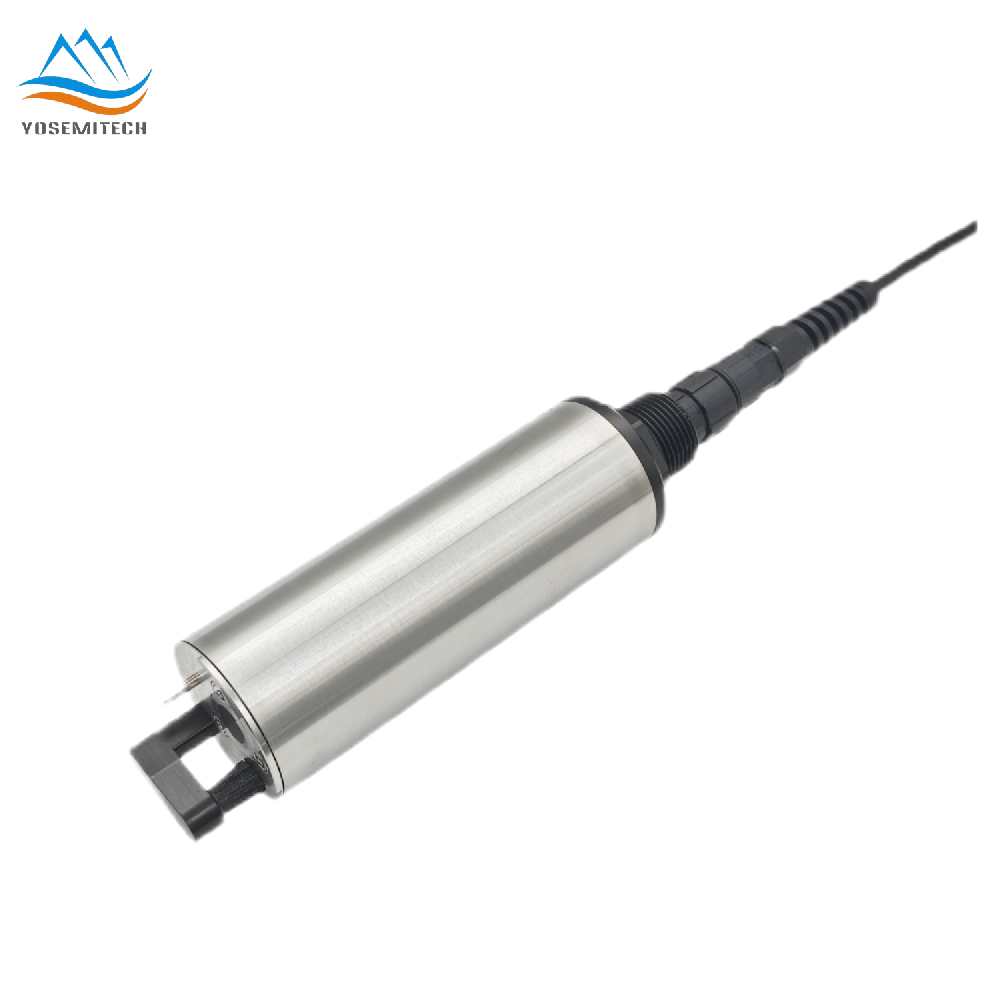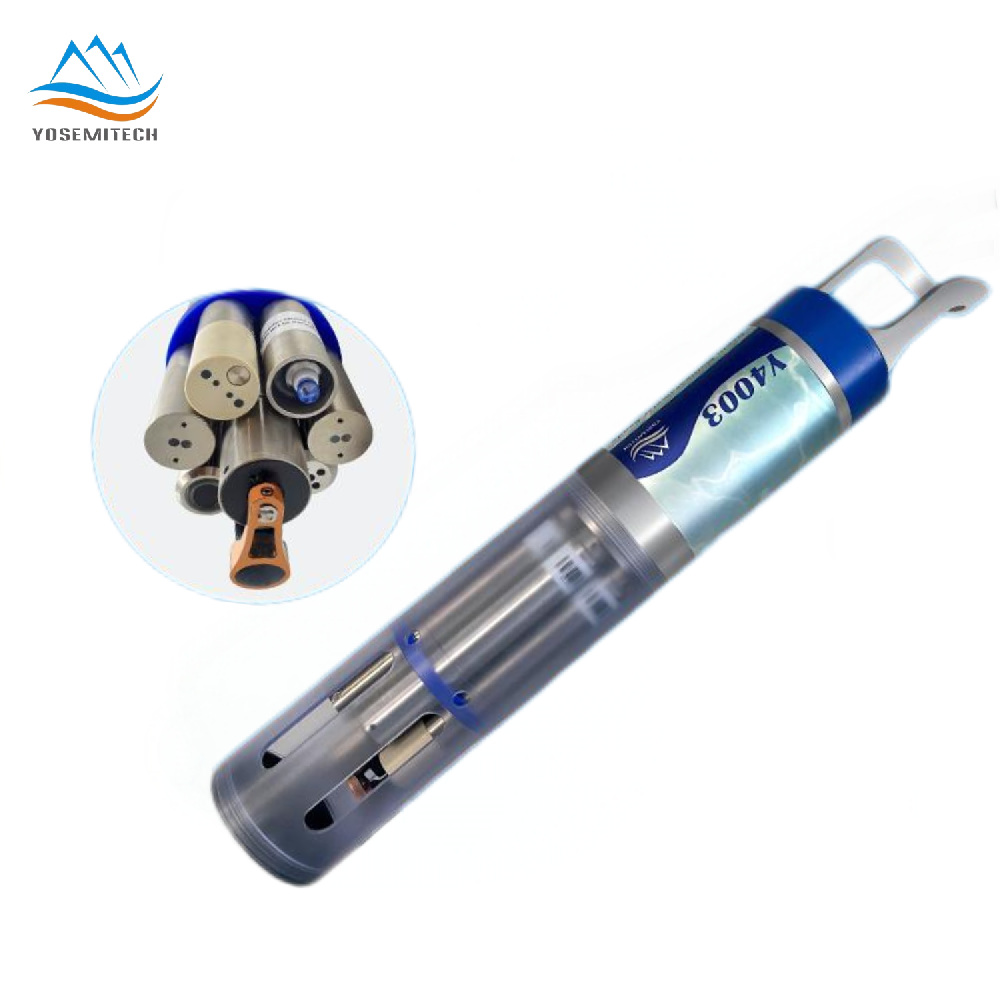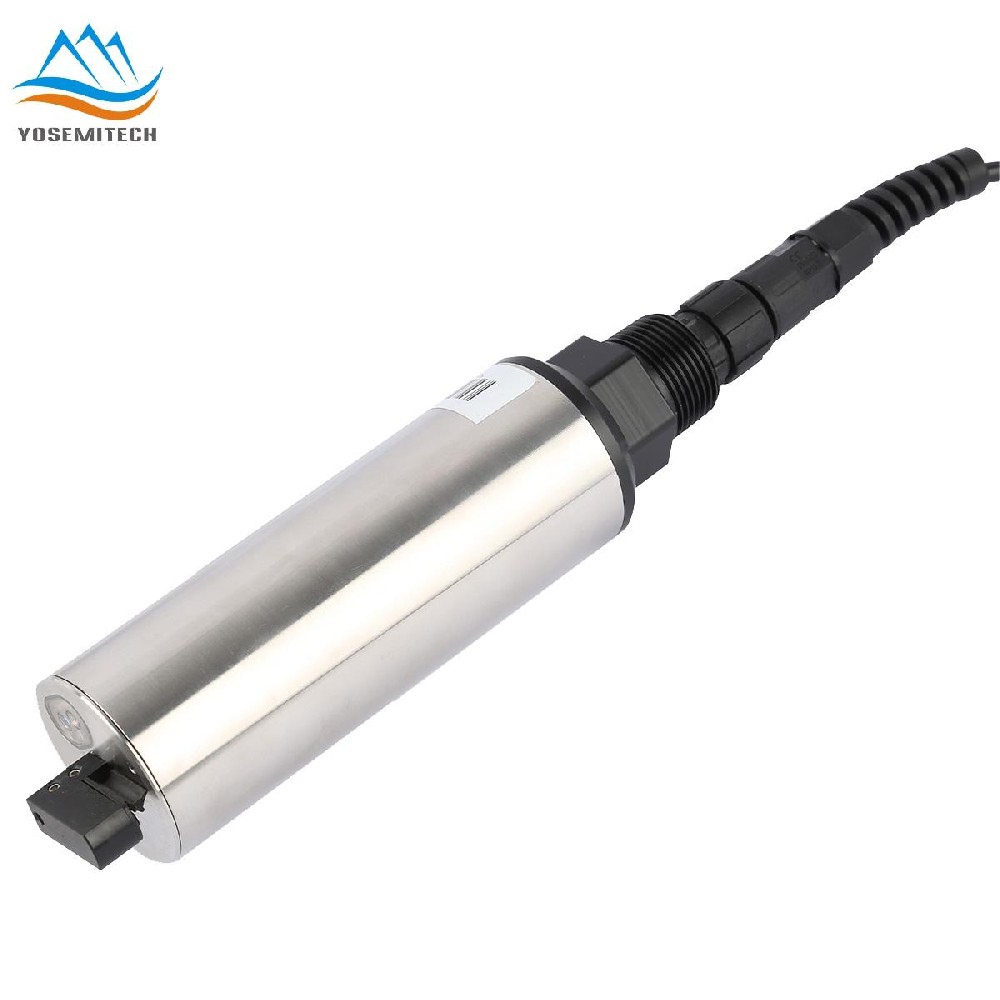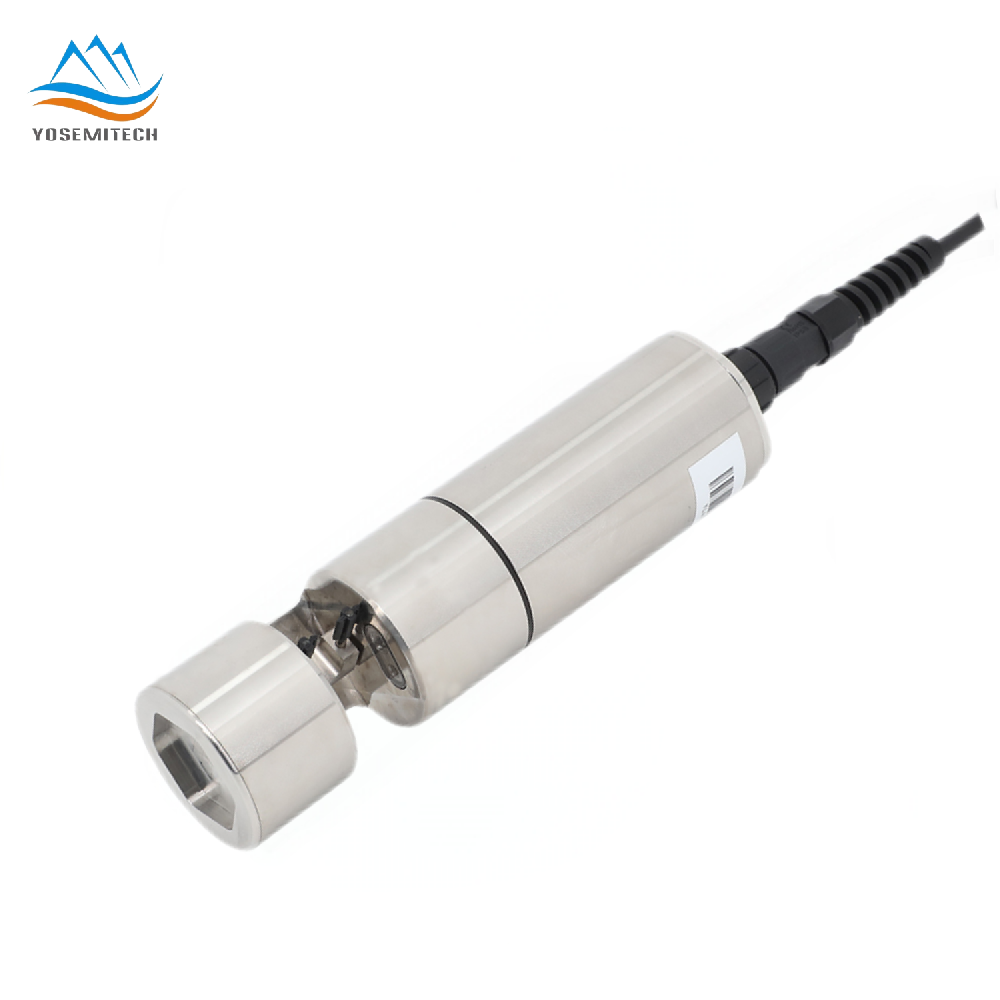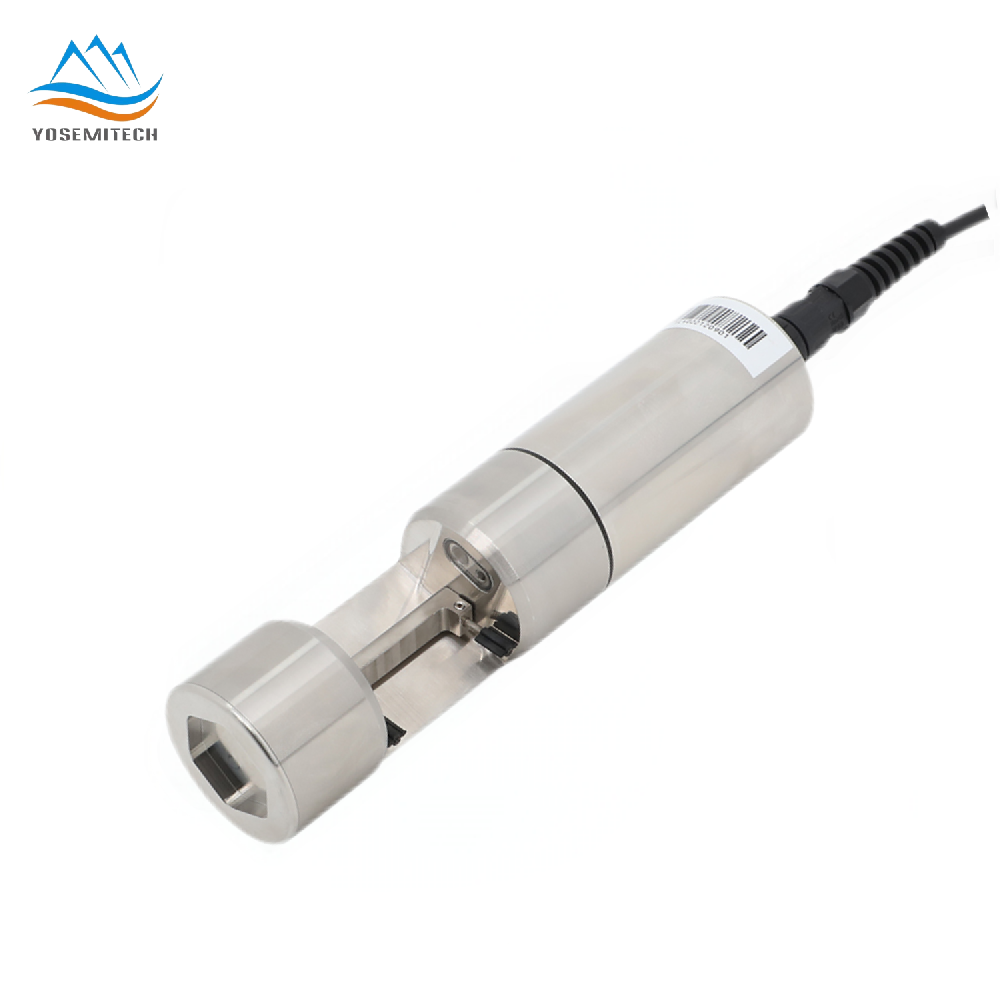Industry news
Understanding The Importance of Accuracy and Stability in Dissolved Oxygen Meters
Writer: admin Time:2024-08-09 14:17:26 Browse:1164℃
1. What is Dissolved Oxygen (DO)? And What is DO Meter?
Dissolved oxygen is one of the important indicators for evaluating water health and water quality. Certain pollutants (such as organic wastewater, eutrophication, etc.) will lead to a decrease in dissolved oxygen in water, thereby affecting the survival and reproduction of aquatic organisms. This will promote the improvement of water quality and the recovery of the ecosystem. The dissolved oxygen meter is a device that measures the dissolved oxygen content in water through fluorescence or membrane electrodes and converts it into the required output.
2. Importance of Dissolved Oxygen Meter in Various Applications (aquaculture, environmental monitoring, wastewater treatment, etc.)
The importance of dissolved oxygen meters lies in their ability to accurately and in real time measure the dissolved oxygen content in water, a parameter that is of vital importance to many fields.
First, in terms of water quality monitoring and protection, dissolved oxygen is a key indicator for measuring the self-purification capacity of water bodies and the health of the ecological environment. Changes in its concentration directly reflect the degree of pollution and ecological conditions of water bodies. Continuous monitoring through dissolved oxygen sensors can timely detect water pollution problems and provide a scientific basis for environmental protection and pollution control.
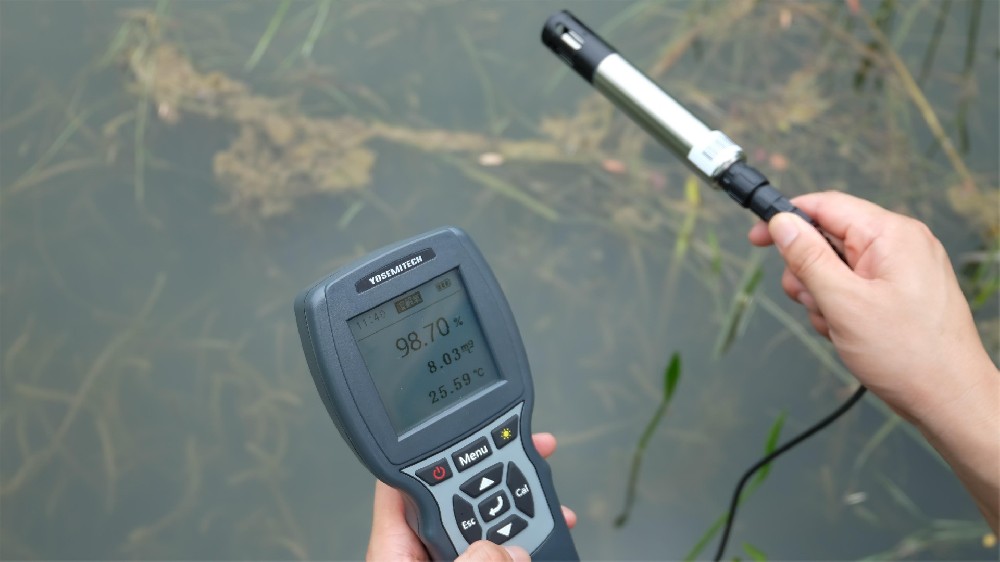
Y600-A&Y507-A Portable Dissolved Oxygen Meter-Yosemite Technologies Co., Ltd_UV254 COD, ODO,pH
In addition, in industrial production processes, such as biological fermentation, sewage treatment, food and beverage production, etc., precise control of dissolved oxygen is essential for optimizing production processes and improving product quality and efficiency. Dissolved oxygen meters can help companies achieve this control goal by real-time monitoring and adjusting dissolved oxygen concentrations to ensure the stability and controllability of the production process.
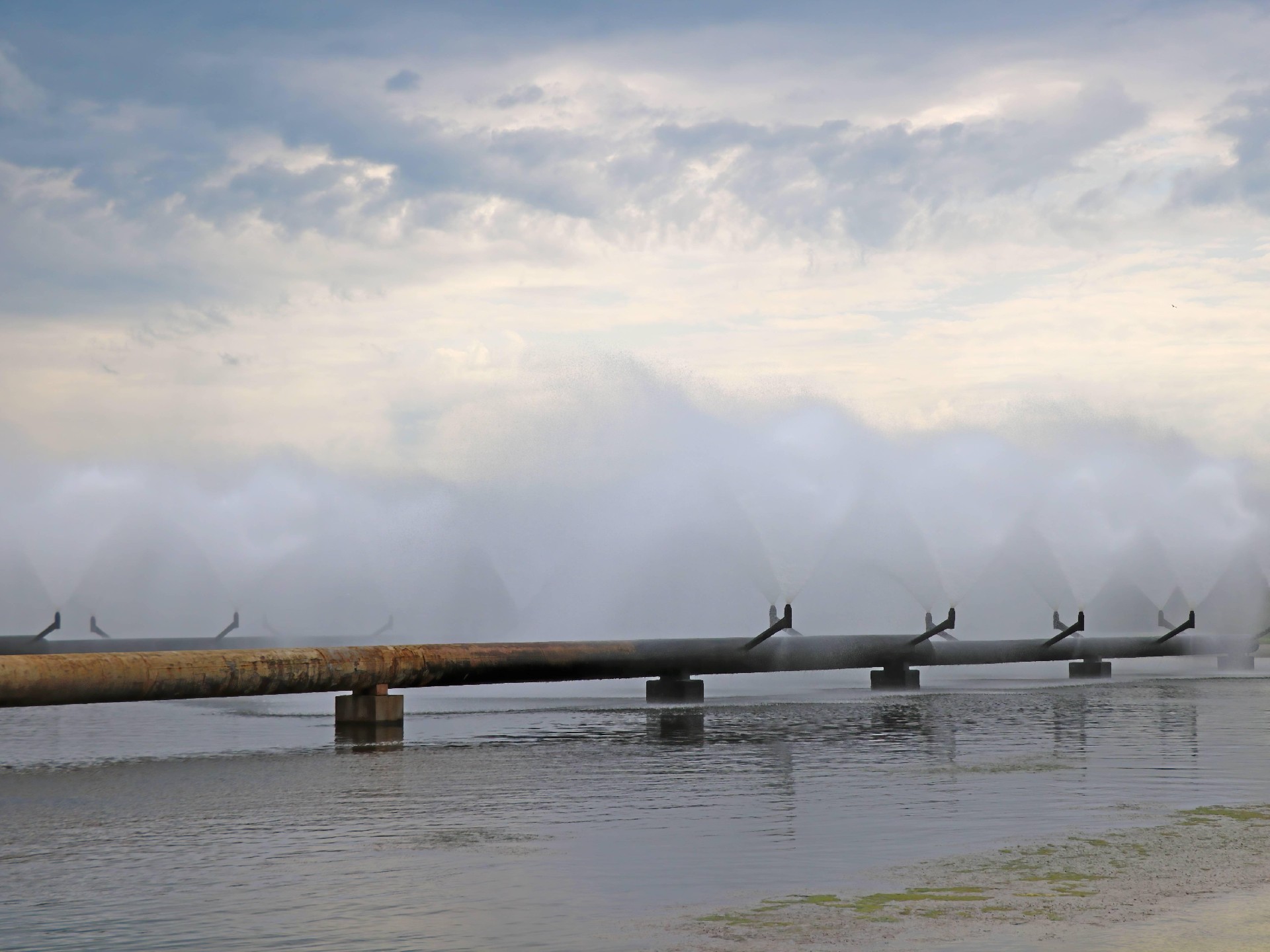
For the aquaculture industry, dissolved oxygen is a key factor affecting the growth and survival of aquatic organisms. Too high or too low dissolved oxygen concentrations can have adverse effects on aquatic organisms and even lead to death. Therefore, real-time monitoring of the dissolved oxygen content in aquaculture waters through dissolved oxygen sensors can ensure that aquatic organisms are in the best growth environment and improve aquaculture benefits and economic benefits.

3. Significance of Accuracy and Stability in DO Meters
Accuracy and stability are important factors in measuring the quality of a dissolved oxygen sensor. First, accurate measurement results can reflect the real water quality, which is crucial for environmental protection. People can take reasonable measures to treat water quality based on accurate measurement data. Secondly, stable readings are also crucial for aquaculture and wastewater treatment. Continuous and stable monitoring data can timely reflect the situation of aquaculture water and sewage treatment, allowing operators to find problems in time, make timely adjustments, reduce economic losses, and prevent potential crises.
4. Factors Affecting Accuracy and Stability in DO Measurements
Calibration: Proper calibration is required on a regular basis to maintain accuracy.
Temperature and Pressure: Changes in temperature and air pressure can affect oxygen solubility and readings.
Interfering substances: Chemicals or biological materials in the water can affect results.
Electrode condition: The condition of the sensor or electrode can affect the reliability and stability of the measurement.
5. Ensuring Accuracy and Stability of Dissolved Oxygen Meters
To maintain the accuracy and stability of your dissolved oxygen meter, consider the following practices:
Regular calibration: Implement a regular calibration schedule using certified solutions.
Proper maintenance: Clean and replace electrodes as needed to avoid contamination.
Environmental control: Measure under consistent temperature and pressure conditions whenever possible.
Personnel training: Ensure operators are trained on the proper use of the equipment and are aware of any potential issues that could affect the readings.
6. Conclusion
In summary, accurate dissolved oxygen measurements are critical to a variety of industries. Understanding the importance of dissolved oxygen levels, employing proper instrument calibration and maintenance, and adopting technological advancements can ensure reliable and precise data analysis. With accurate dissolved oxygen readings, industries can make informed decisions to enhance environmental management, optimize processes, and promote the health of aquatic ecosystems.
CATEGORIES
CONTACT US
Yosemitech Technologies Co., Ltd
 +86 19984844080
+86 19984844080
 sales@yosemitech.com
sales@yosemitech.com
 Bldg,25,CECEP Industrial Park, No. 18 Dongchang Rd. Suzhou Industrial Park, Jiangsu Province,China 215126, China
Bldg,25,CECEP Industrial Park, No. 18 Dongchang Rd. Suzhou Industrial Park, Jiangsu Province,China 215126, China
